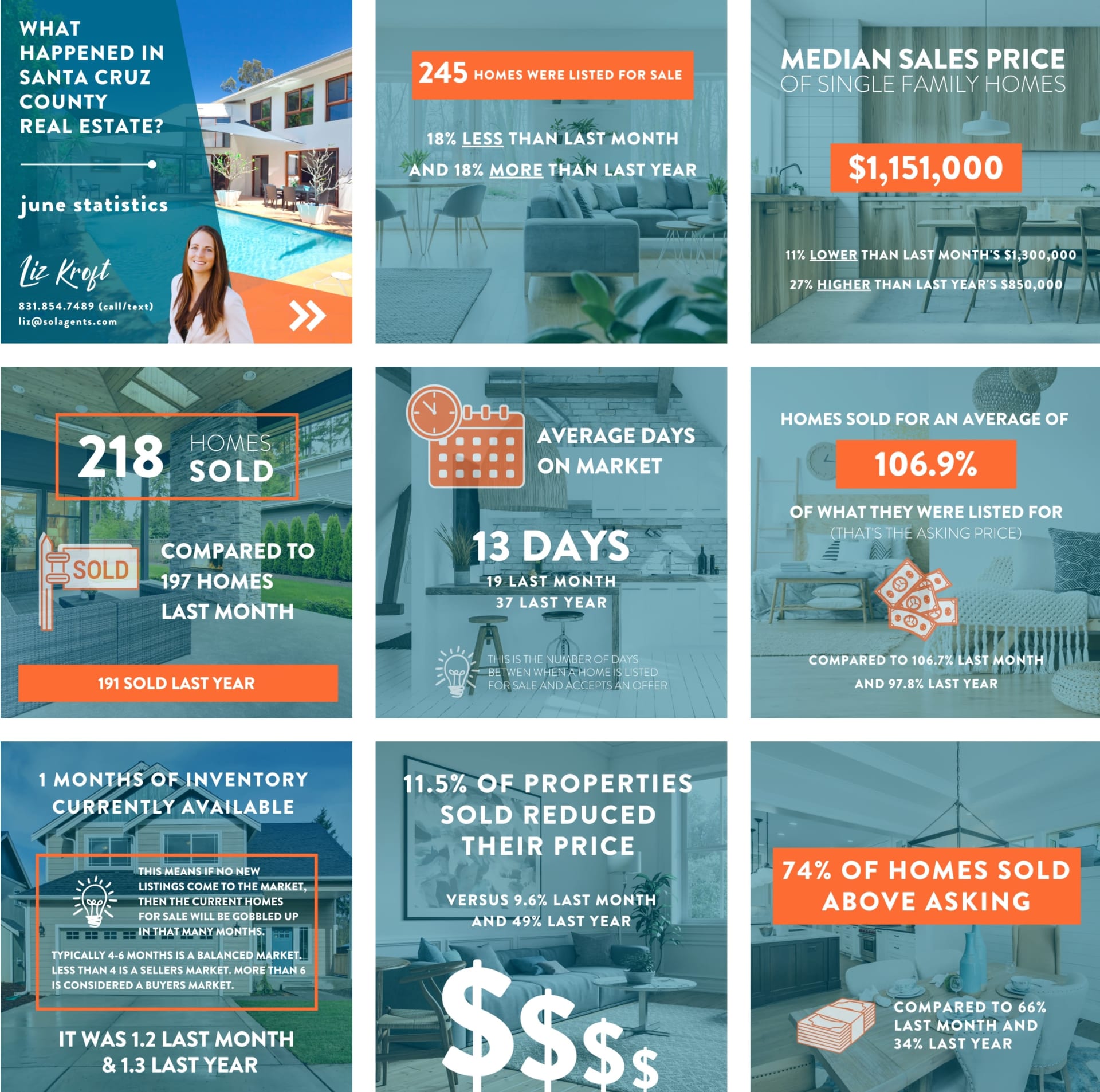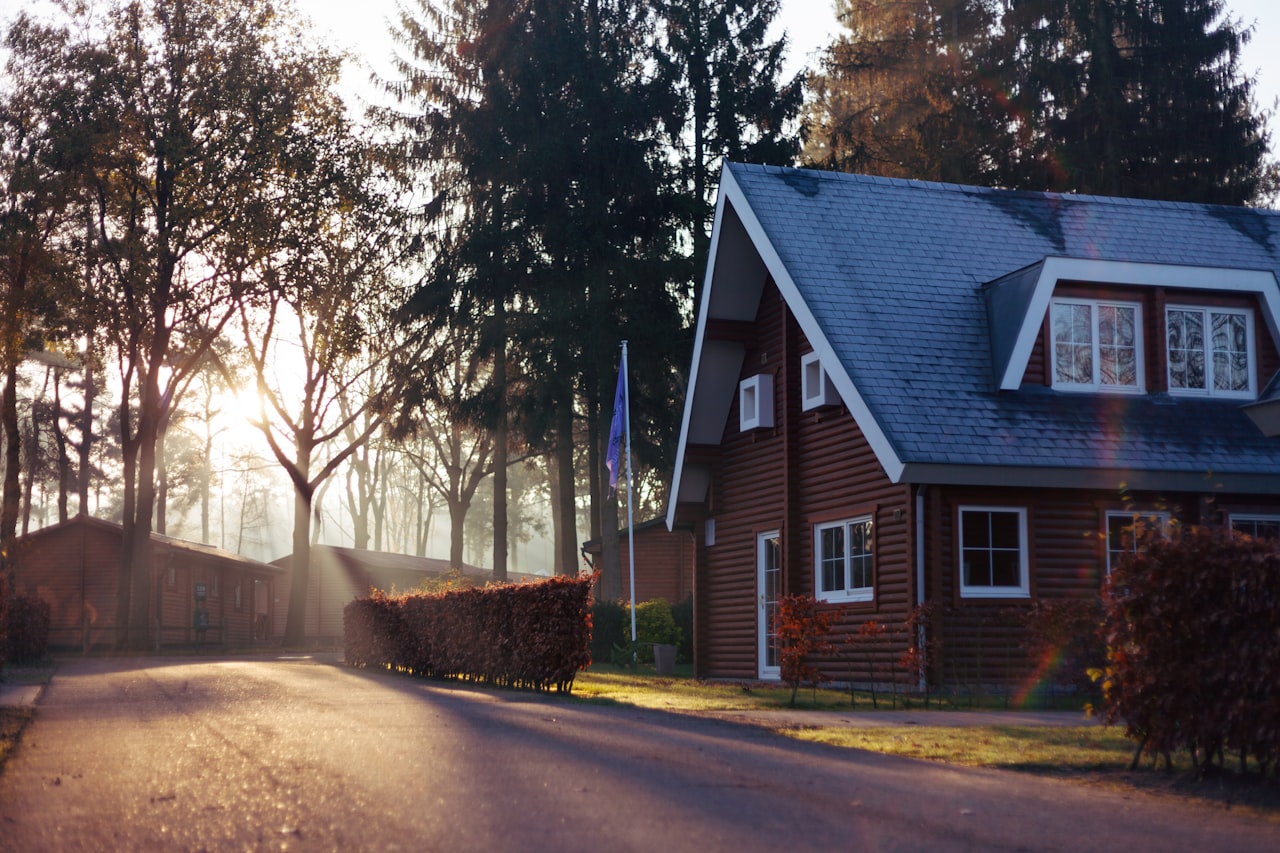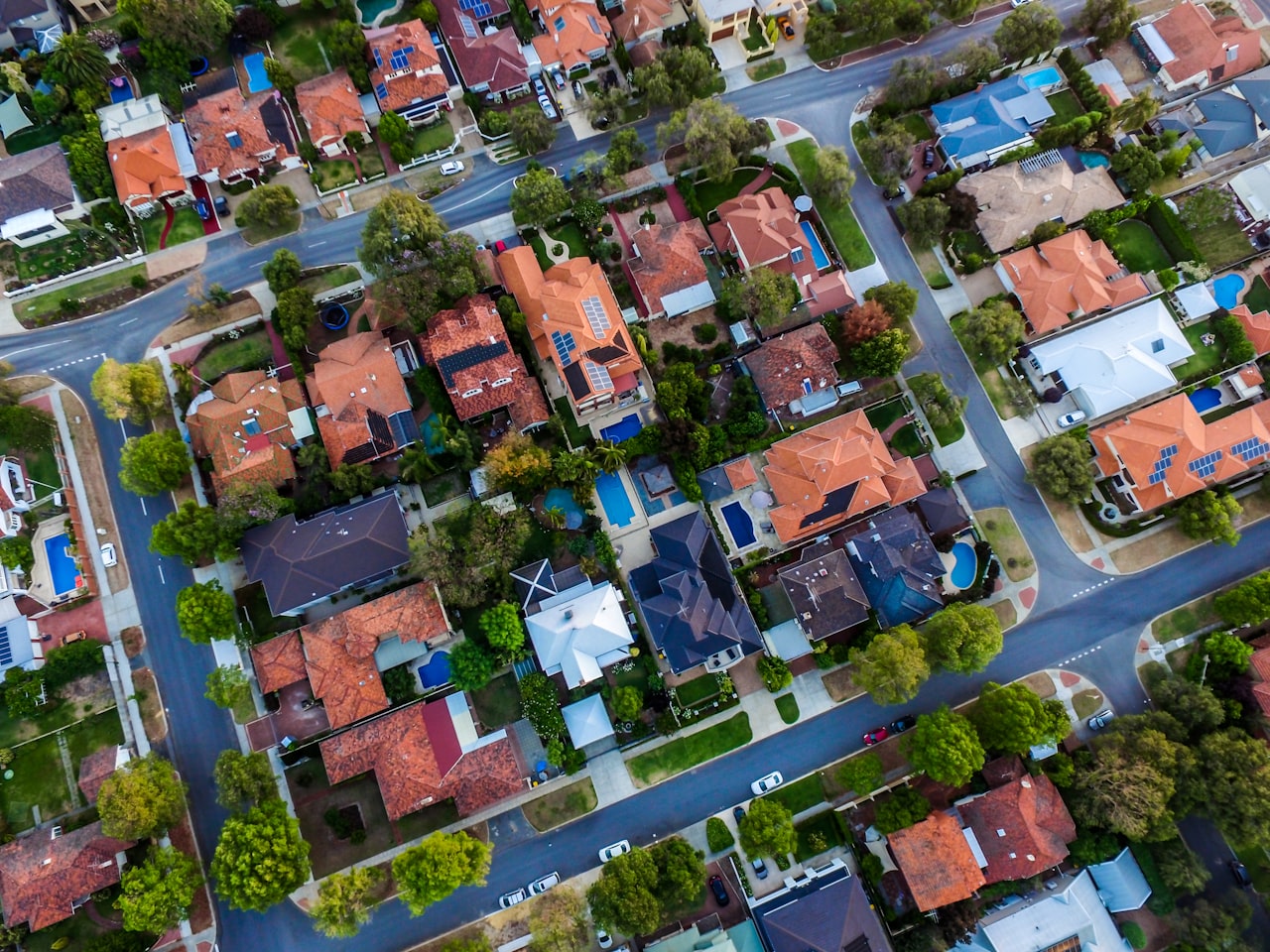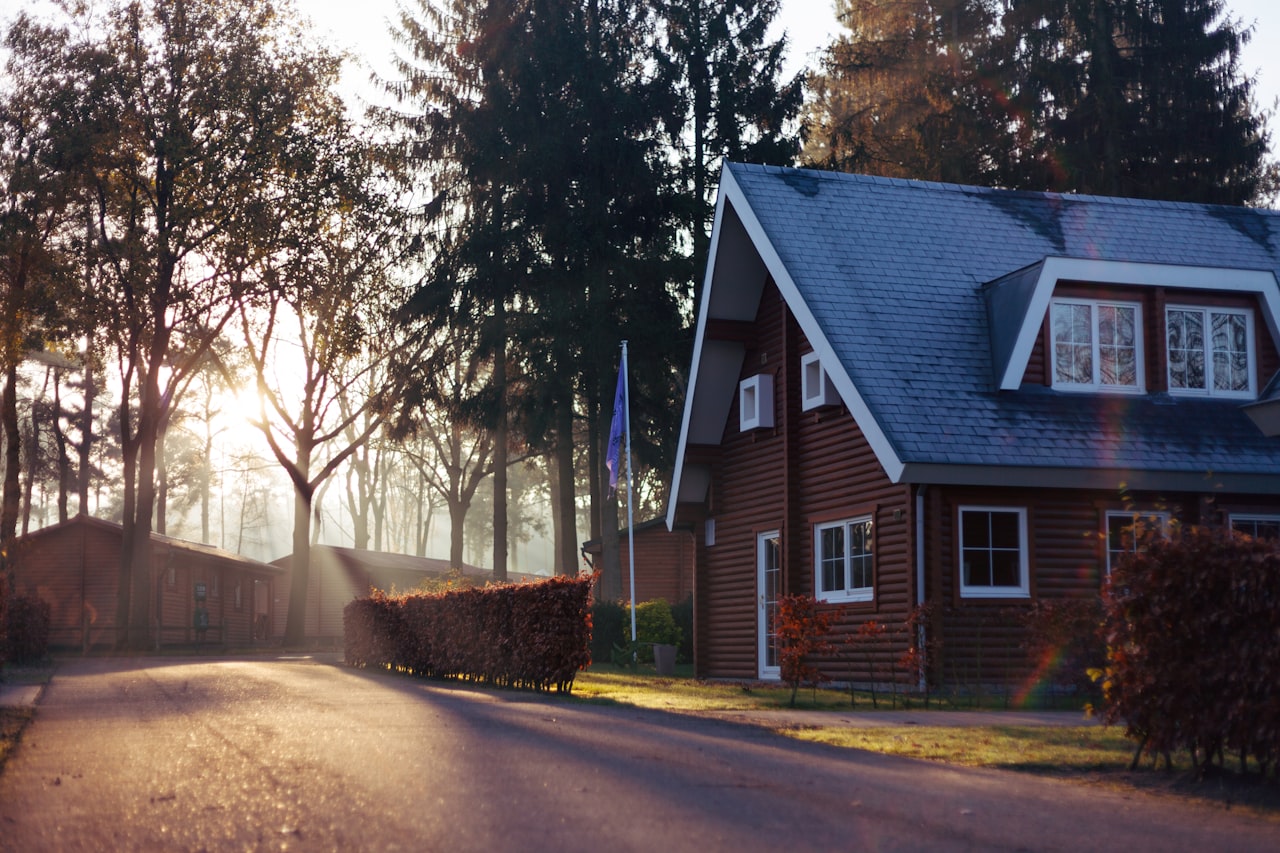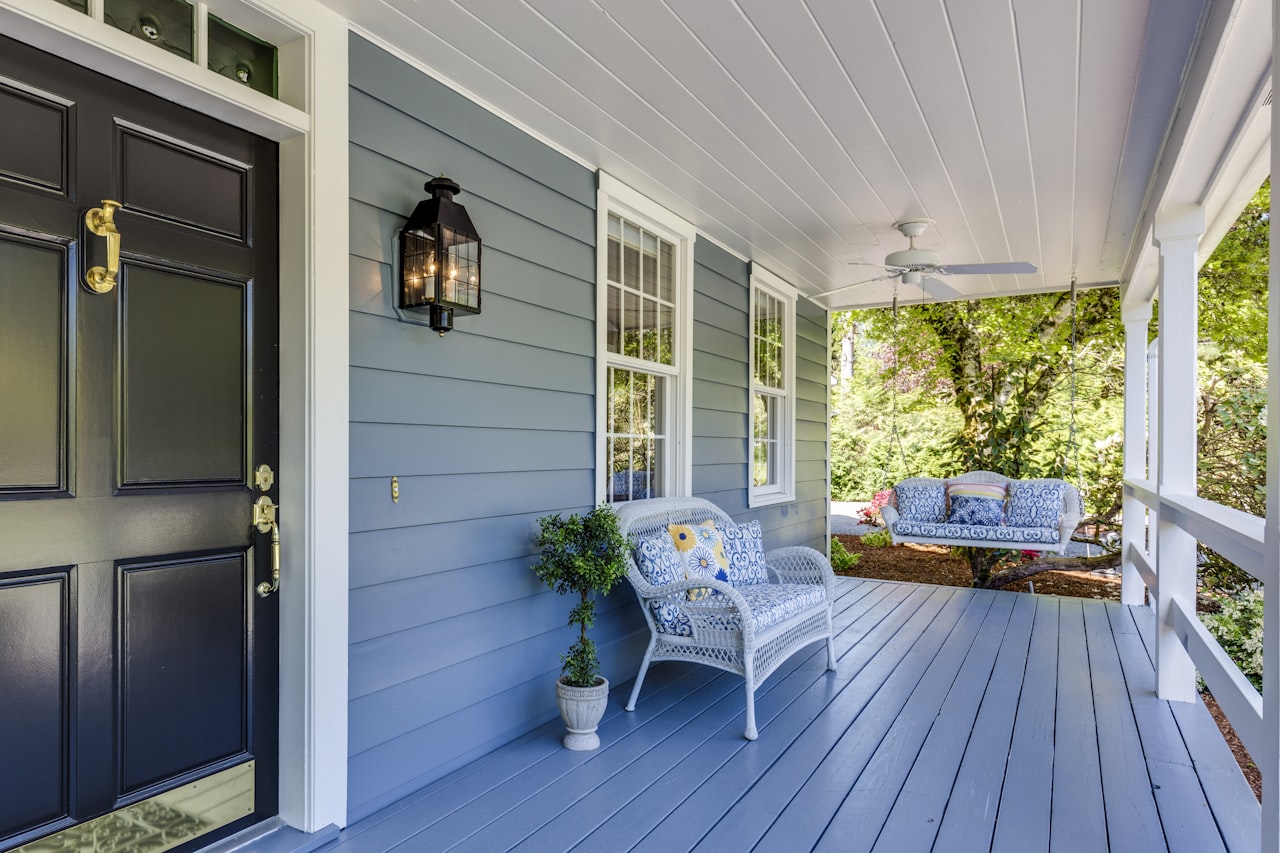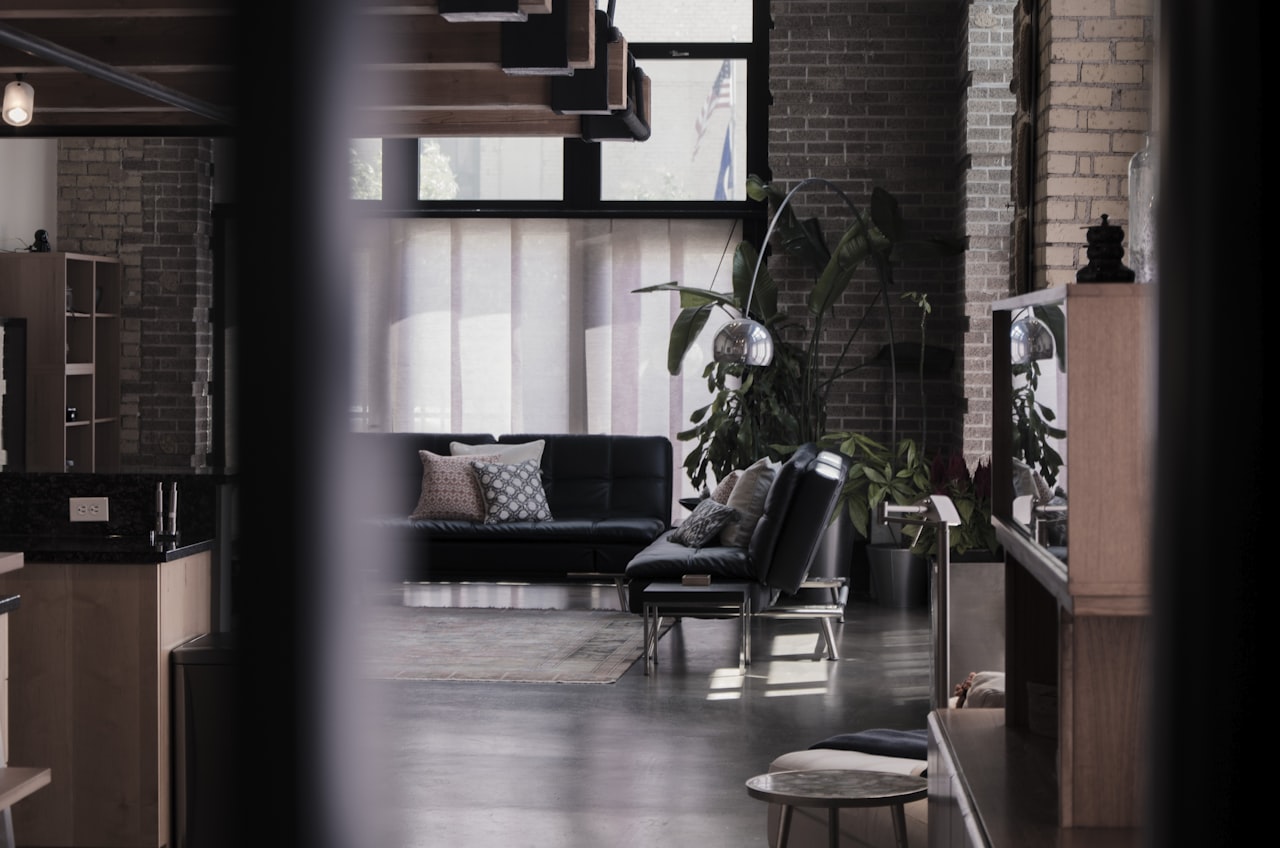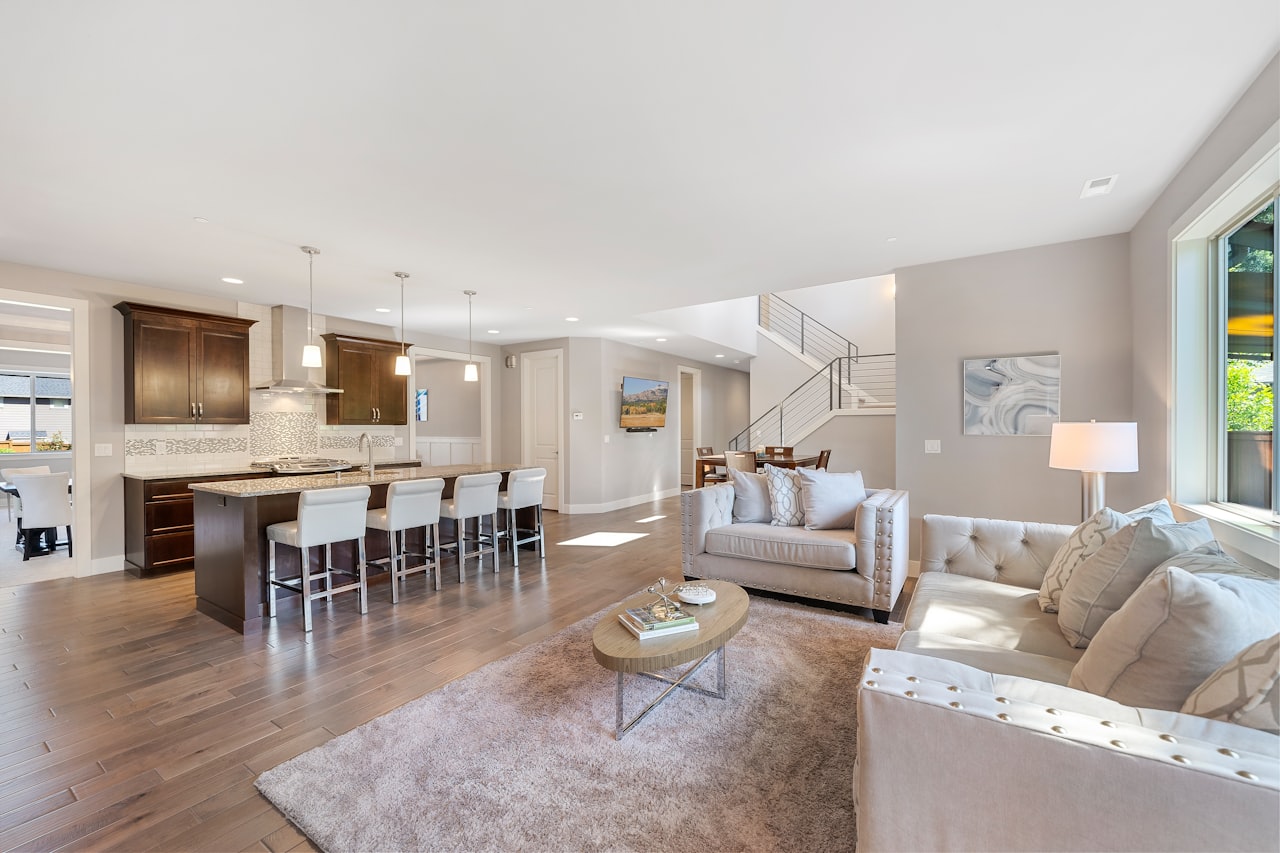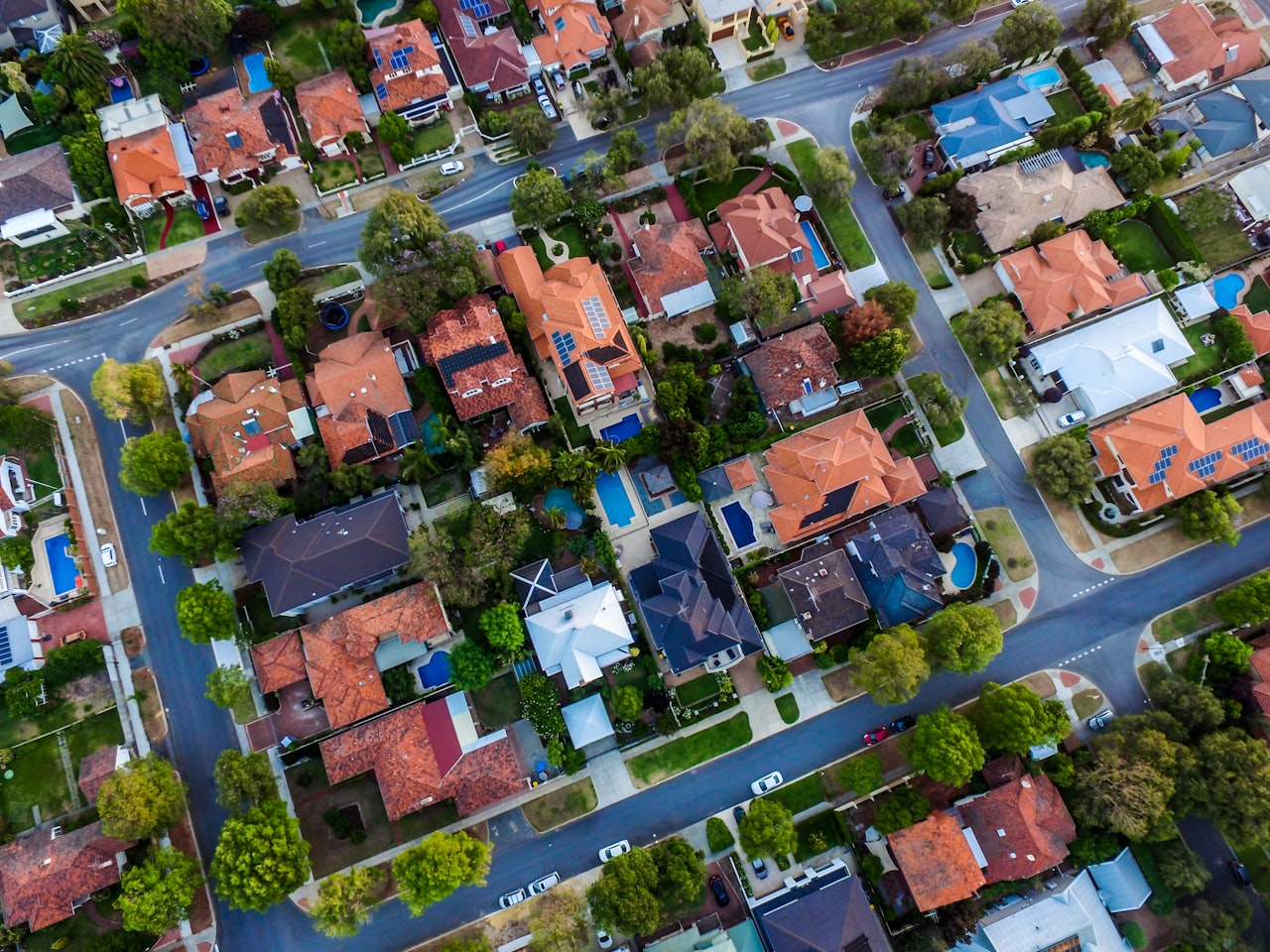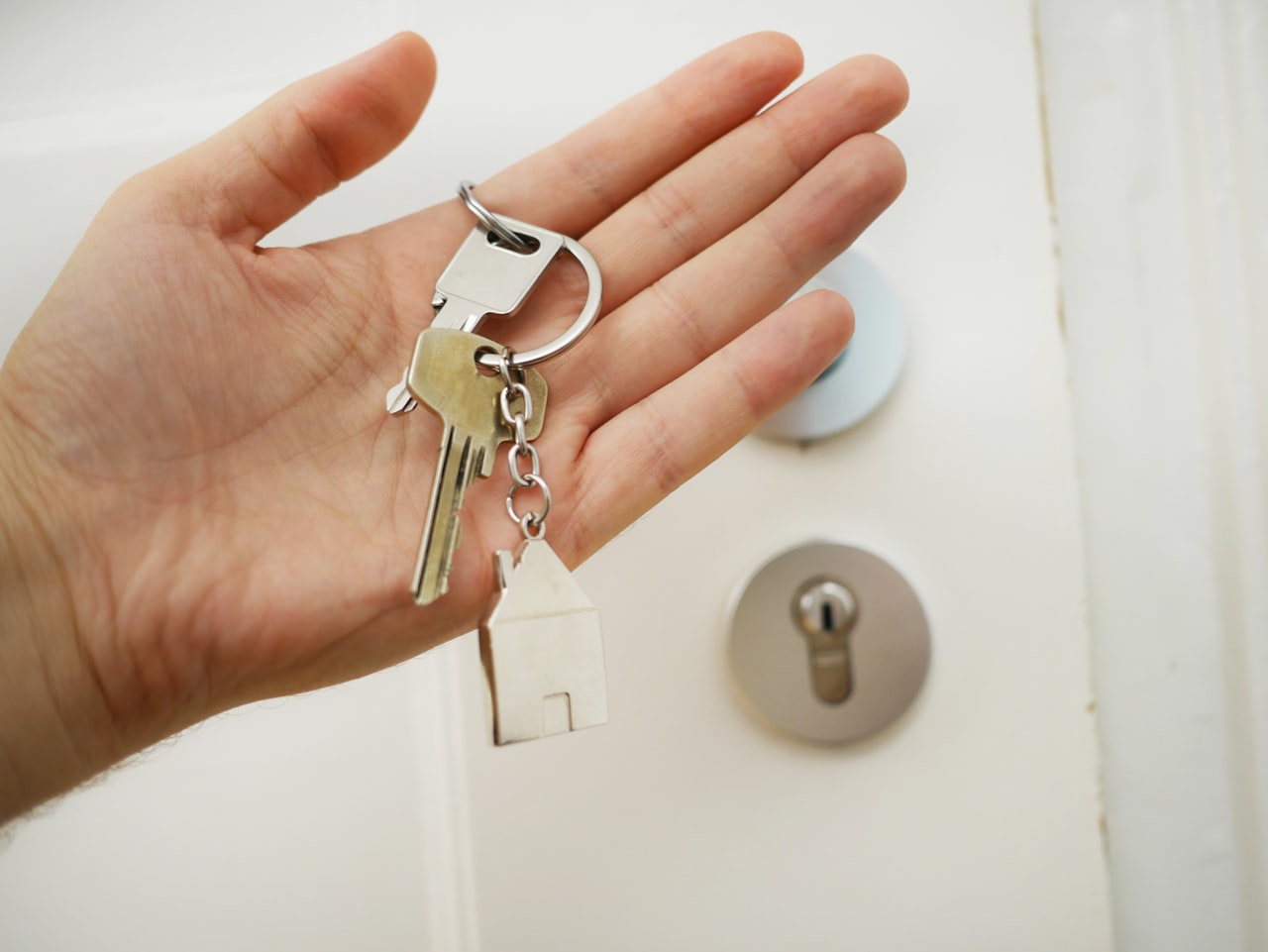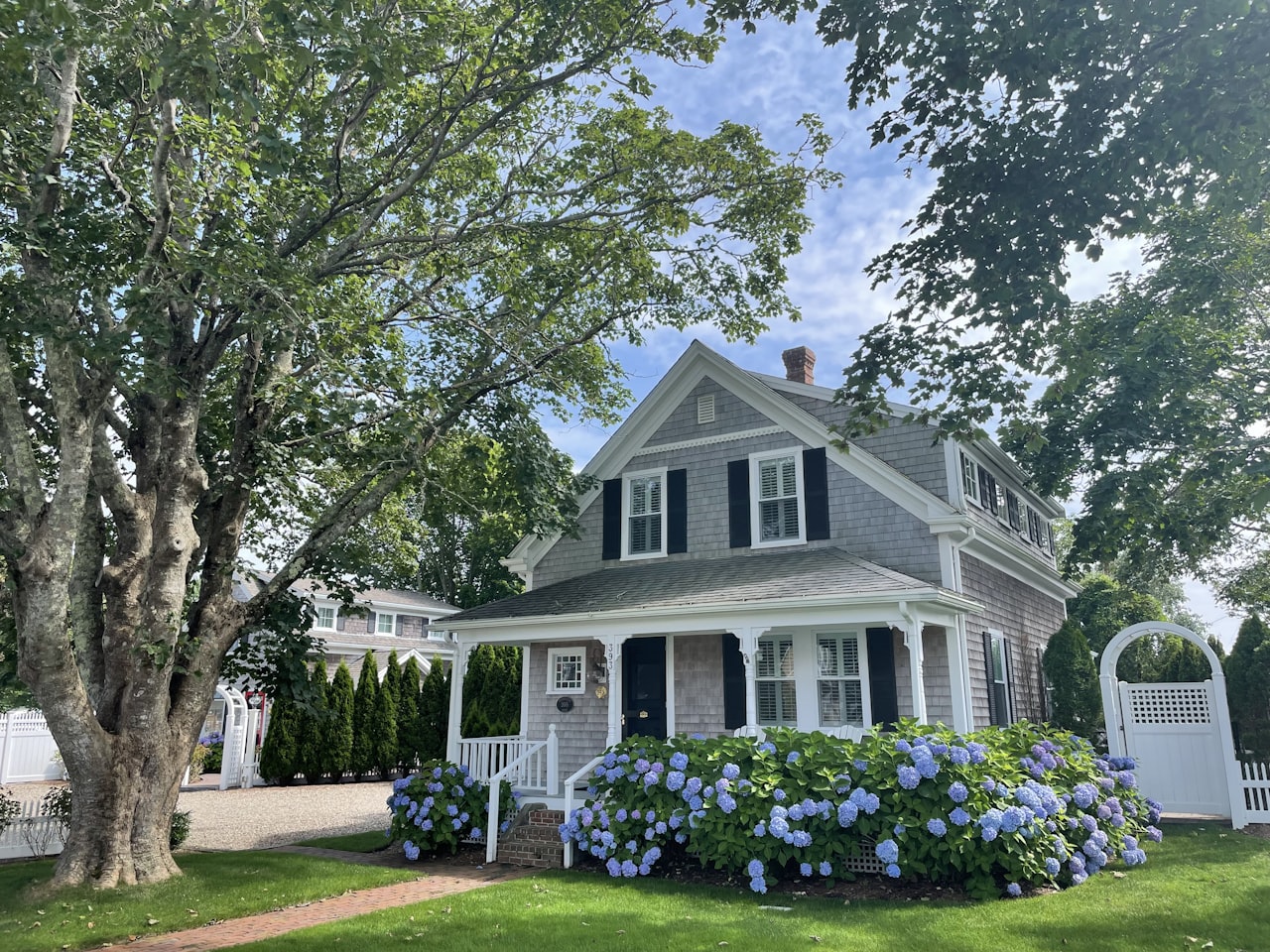For months and months it has felt like nothing could slow down the Santa Cruz County housing market. But wait! The tide may be starting to turn - even if just a tiny bit.
Over the past few weeks, the rate of price growth has begun to slow and fewer buyers are applying for mortgages to purchase. The competition for homes for sale, while still daunting, may not be quite as intense as we have grown used to. This could give buyers some much needed relief.
“The market’s topping out,” says Mark Zandi, chief economist at Moody’s Analytics. It’s “starting to show cracks. It feels like we’ve hit the apex, and we’re moving to the other side of it.”
That does not mean that this is a housing bubble about to burst and that prices are going to fall dramatically like the last housing bust, according to economists and housing experts.
The median price for a single family home in Santa Cruz County is still 27% higher than it was in June of 2020. But a mix of homebuyers being priced out of the market, a continued shortage of homes for sale, fears of a looming bubble, and a return to pre-pandemic life may have lightened the demand we have been seeing most of the year. In fact, the median sales price DROPPED 11% month-over-month from $1.3m in May to $1.15m in June.
The median price for a single family home in Santa Cruz County is still 27% higher than it was in June of 2020. But a mix of homebuyers being priced out of the market, a continued shortage of homes for sale, fears of a looming bubble, and a return to pre-pandemic life may have lightened the demand we have been seeing most of the year. In fact, the median sales price DROPPED 11% month-over-month from $1.3m in May to $1.15m in June.
These changes are starting to result in fewer - or at least less intense - bidding wars and slightly more reasonable offers over the asking price. That is not to say unreasonable buyers aren’t still out there to compete against.
“Buyers may be taking a break from the housing market,“ says Realtor.com® Chief Economist Danielle Hale. “There have been signs that the momentum in the housing market is slowing. The competition might not seem as intense as it’s been in the last few months.”
Junes’s 27% increase in median sales price year-over-year may not initially give the sense that the market is softening. However, it is far less than the 53% annual jump in prices in May or the 32% in April, indicating slower price growth.
Let’s remember: Some of May and June’s increase was due to the comparison to an odd year. Spring of 2020 was the beginning of the pandemic, when local restrictions and general fear over the impact of COVID-19 stalled the Santa Cruz County real estate market. But that' is not the entire story. In January and February of this year prices were 27% and 17% higher respectively, which was before the pandemic.
At the same time, fewer buyers are applying for mortgages to purchase a home.
Across the country the number of new loan originations decreased 14% year-over-year midway through June, according to a report from the Mortgage Bankers Association.
Some of this is the result of 2020’s housing market being in limbo as the pandemic paused sales, but it could also be an indication of a general overall softening of the market.
Home Prices Aren’t Likely To Plummet Anytime Soon
The prices of homes across the country aren’t expected to drop anytime soon - and certainly not in Santa Cruz County and the surrounding Bay Area. Industry experts are in general agreement that there will however be a deceleration and that price growth could be in the single digits towards the end of the year.
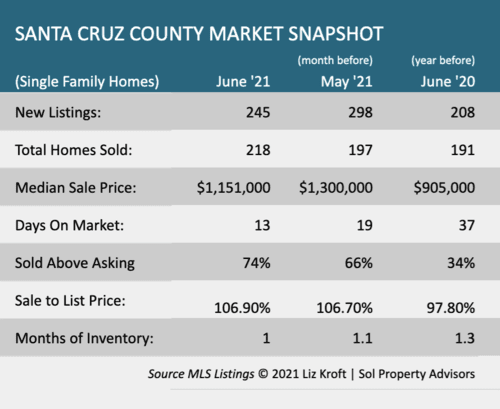
Home prices are not likely to drop due to the basic principles of supply and demand: There are still more people who want to buy homes than there are homes available to purchase. Builders have been unable to keep pace as a result of labor shortages, zoning issues, cost of materials and supply chain disruptions.

Home prices are not likely to drop due to the basic principles of supply and demand: There are still more people who want to buy homes than there are homes available to purchase. Builders have been unable to keep pace as a result of labor shortages, zoning issues, cost of materials and supply chain disruptions.
At the same time historically low interest rates persist and are a substantial driving force behind unprecidented buyer demand.
With all of this talk of softening and deceleration it is important to note that prices are still at all time highs and they may exceed May’s $1.3m mark. Buyers aren’t likely to get a big break any time soon, but they may be facing less competition from other buyers out there.
With all of this talk of softening and deceleration it is important to note that prices are still at all time highs and they may exceed May’s $1.3m mark. Buyers aren’t likely to get a big break any time soon, but they may be facing less competition from other buyers out there.
Sellers will likely keep prices up and after seeing what their neighbors’ homes recently sold for they may expect an even higher price. Depending on their circumstances, some homeowners may wait for more money and if the bidding wars they’ve heard stories about don’t arrive for their property they could take their home off the market. Fewer properties for sale means higher prices.
But in the same way, as sellers hear stories of easing demand and fewer offers they might think they’ve missed the boat, that the market has topped out and they need to act now - and quickly - potentially flooding the market with more more inventory.
Why Are Things Beginning To Soften?
Have you noticed it in your conversations with friends, neighbors and colleagues? More people are returning to the office and traveling for business as the economy reopens which could impact housing demand and cool down some housing markets. Families may be less willing or able to move farther away from work when faced with having to return to the office and the idea of long commutes. In addition, families might not need as much space now that home offices could be in less demand, kids are going back to school and gyms are open again.
As the economy continues to open would-be buyers are finding other things to spend their time and money on. Things like family vacations, concerts, sporting events, restaurants and retail. All things that compete against a down payment and monthly mortgage payments. Potential buyers may not want to spend so much of their budgets on a house when there are other things they can enjoy again.
Countless buyers are also burned out and beat up by the lack of homes for sale and simply can’t keep up with the double-digit price increases month-over-month. They’ve had it and are waiting things out. Choosing instead to sit on the sidelines until prices cool and bidding wars let up.
Buyers are starting to protest.
In conversations with potential buyers I am hearing many express fears about buying a home at the top of the market.
Many are still a little shell-shocked from the housing bust that led to the Great Recession. They project parallels between today’s housing market and the real estate frenzy of the mid-2000s - when investors and homebuyers inundated the market, bidding up just about everything. Many just don’t want to purchase a home now at what they feel is the top of the market just to watch their home value plummet soon.
If you’ve read any of the headlines though, you likely have heard that a true bubble is unlikely as there are fewer homes for sale than there are buyers - a total 180 from the Great Recession.
In addition, mortgage lending guidelines were greatly changed to prevent borrowers who can’t pay back their loans from obtaining them in the first place. If you recall, it was homeowners defaulting on their loans that led to the financial meltdown.
Could A Slowdown Cause The Market To Pick Up Again?
A cooler housing market may present an opportunity for homebuyers - but things could change. In an ironic twist, many would-be homeowners who chose to sit on the sidelines may suddenly jump back into the mix as the market show signs of softening.
Even if some buyers choose to sit things out for awhile, there are enough buyers to keep the real estate market strong for a considerable amount of time to come. I don’t expect it to turn into a buyers’ market anytime soon.
I don’t believe the housing market will really turn or even slow substantially until interest rates significantly jump up. They currently continue to hover
